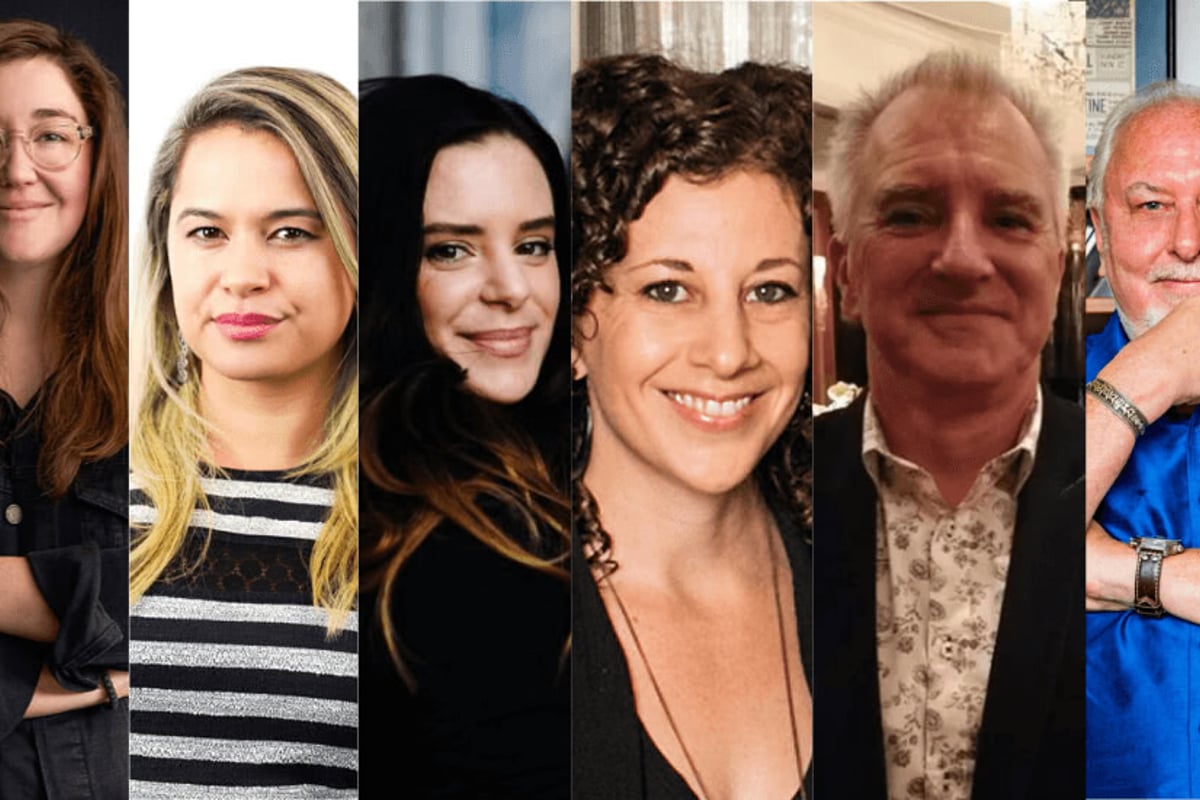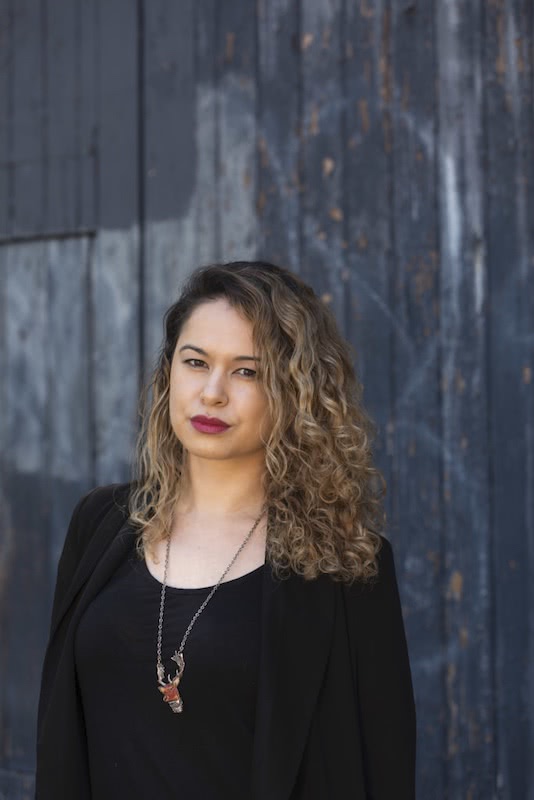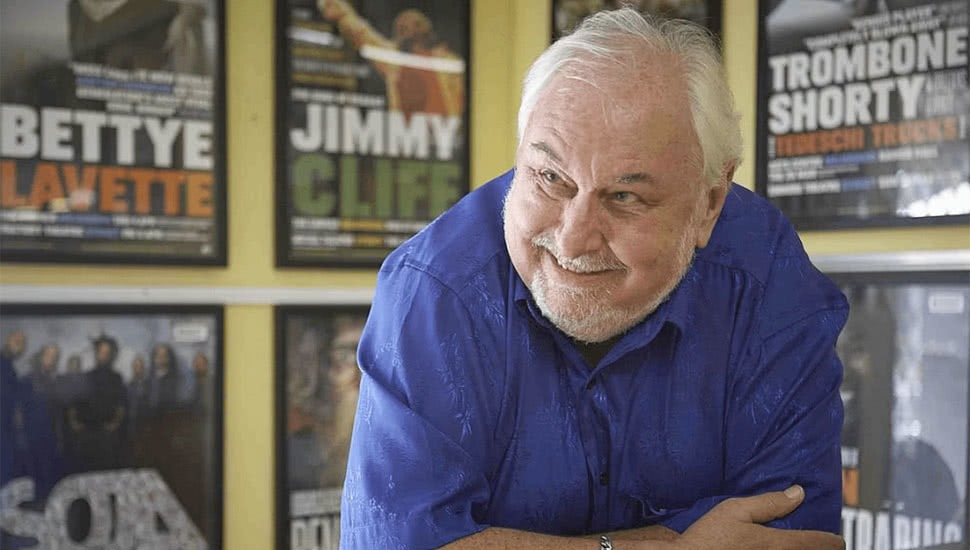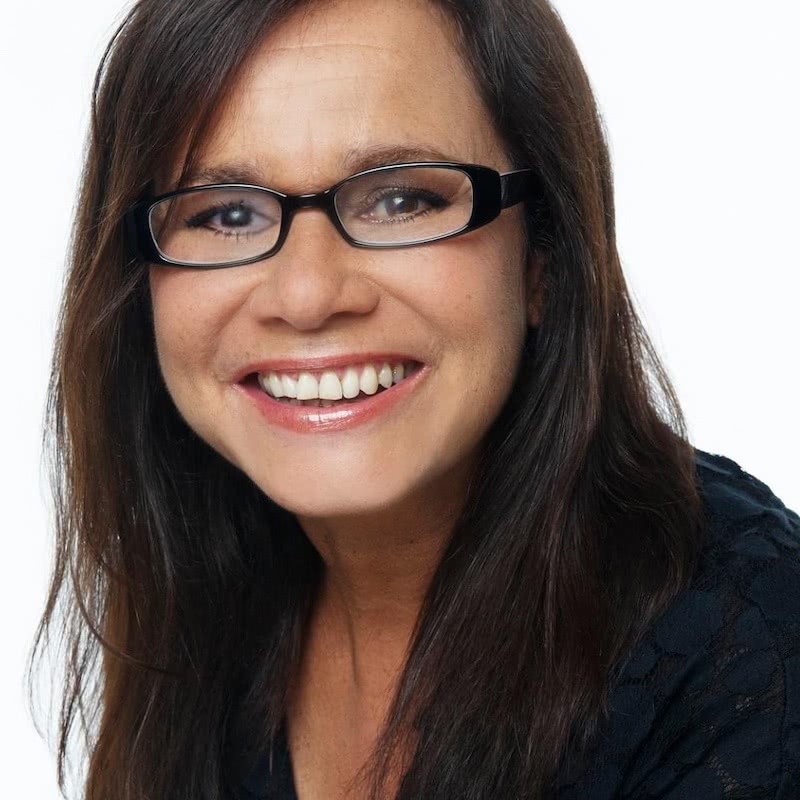The gender divide and career resilience big topics for day 2 of AMW 2019

Day two of the Australian Music week conference was full of rapid-fire panels and keynotes packed with valuable information.
Music Management and the Gender Divide
In the morning session “Music Management and the Gender Divide” it was noted by moderator Shelley Bishop (Studios 301) that we continue to have the same conversations around being treated with the same respect as our male colleagues.
Shelley recalled sitting in on a similar panel years ago at another conference and noting that while it’s great she’s now moderating these panels, there’s more we can do as an industry to move the conversation forward.
It was also acknowledged that while it’s great to have an all-female panel, women can’t solve the issue of equality on their own.
It’s been mentioned time and time again by leaders and influential figures across the world that it needs to be the men in positions of power alongside women pushing for and creative change within their organisations and working communities.
Panelist Lynley White-Smith (Studios 301) jumped in with a great point about focusing more on intersectionality when it comes to hiring and programming in the industry. BIGSOUND and the Australian Women in Music Awards have made great strides in championing artists with a diverse range of backgrounds, particularly indigenous and non-binary artists, but the panel acknowledged that the industry could be pushing this even further.

Lynley White-Smith (Studios 301)
There was also a rather striking and alarming statistic that Bishop shared, revealing that “women make up 38% of the work force when it comes to entry level engineering jobs in recording studios, however, only 2% of women rise through the ranks to the top of that field”.
This is an incredibly alarming statistic, considering 47% of music graduates are female.
Adding to this point, it was noted by the panel collectively that historically, there hasn’t been much opportunity, especially in the sound engineering space to rise up the ranks.
“We’ve spent a fair bit of time trying to address culture and addressing the things that have always been,” said White-Smith of the company culture at Studios 301.
“We’ve had to support people in changing and relearning the ways they interact.”
Expanding on that, White-Smith shared that at times she’s had to step in and create the behaviour change herself by pulling engineers up who have yelled at entry level engineers in front of a room full of people. White-Smith noted that teaching people that there are better ways to get what they need out of their colleagues and to take the emotion out of the situation has had a positive impact on company culture.
Chugg Entertainment’s Managing Director Susan Heymann added to this point by explaining that in order to address problematic behaviour effectively, she takes the emotion out of the situation:
“If someone makes things personal, you don’t need to tell them they’re upsetting you in your response, you need to explain that what they’re addressing with you isn’t relevant to the situation and bring it back to the facts and the outcome you’re looking to achieve”.
When asked by an audience member about dealing with situations where there may be an “old boy’s club mentality” White-Smith told the audience to “build your power outside of the situation” and to not buy into it when you’re being undermined.
Another important point to come out of that session came from The Brag Media’s Managing Editor Poppy Reid, who confessed to suffering pretty badly at times from “Imposter Syndrome”. Reid stated that through er research around 70% of people report that at one point or another in their careers they have suffered from this affliction, and this statistic includes men too.
When asked how she deals with and overcomes these thoughts, Poppy lamented:
“The thing that helped me was to really trust myself. If I want to stop feeling like an imposter I have to stop acting like an imposter.”
Indica Records Co-founder and Managing Director Kyria Kilakos made a great point to add to this, telling the panel, “I have a really easy time owning my failures and a really hard time owning my successes, but you’ve got to be able to own your successes and say ‘I did this’.”
Closing out the panel’s discussion was the all important question of “How do we get more women to where we’re sitting?” at which point Poppy Reid jumped in and made an excellent point: “The onus is not on women, we’re not there. Men are in the majority of decision-making positions.”
Music Industry Boot Camp
In the afternoon, a panel consisting of some of the biggest names in the business broke down what it takes for artists to build successful and sustainable careers in the industry.
When asked about what new and emerging artists don’t understand that you wish they did, Bluesfest Director Peter Noble bluntly stated, “you’re not going to make much in the beginning but it’s about getting in front of people like me.”

Bluesfest founder Peter Noble
Noble also spoke directly to the artists in the audience that may be showcasing at the conference this year.
“Every single time you walk on stage, act like there’s 10,000 people there cause even in an audience of 20-30 people there will be a couple of people at these showcases that might be able to help you with your music”.
Noble drove the point home by noting that he saw a band the night before that impressed him so much that he booked them for Bluesfest on the spot!
Festival Programmer Rhoda Roberts (Sydney Opera House, Boomerang Festival, Parrtijima Festival, NOPRA) said that what she looks for when she scouts an act is, “if the first and third songs are different… and excellence and repertoire”.
Expanding on this point, Owen Orford (New World Artists) stated:
“If I walk into a gig and I get a visceral sense and reaction, and a vibe from an artist, I’ll book them.”
It was however stressed that you’ve got to start in your hometown. Orford noted that while he may casually mentor bands, he won’t sign them until they’ve got that “hometown support”.
Graham Ashton (Footstomp Music) made an excellent point that in the age of technology “your commitment to your live show is so much more important than your social media strategy.”
But perhaps the most important fact that emerging artists should remember when it comes to their development is that you can have all the grand plans in the world but as Orford put it, “someone’s got to do the work”.
An agent does, according to Orford, “around 147 tasks” for any one gig they organise so you’ve got to do all of those tasks yourself in the beginning so it gives the agent something to work with” as it’s a lot harder to generate momentum from scratch than it is to build upon it.
When it came to discussing how to approach booking agents in the industry, Roberts said that she likes you to detail who you are, what you play, how many people are in the band, where she has to fly the band from and what the band’s radio airplay is like.
“Just be totally up front about who you are and don’t embellish! Honesty, hunger, passion and determination count for a lot.”
For Roberts’ gigs, she considers knowing your audience, having good stage presence and dedication to your craft as most important. Summing up her point perfectly, she said. “The audience are paying big money to be there so respect that and put on a great show.”

Festival Programmer Rhoda Roberts
Closing out the panel, Peter Noble lamented that every band and person in the industry needs a mentor, noting he listens to other people because he doesn’t have all the ideas.
“I have mentors that I go to because I have some of the dumbest ideas in the world sometimes, but that’s how creative people are.”
You can still pick up passes to the rest of Australian Music Week through this link here.
This article originally appeared on The Industry Observer, which is now part of The Music Network.






























